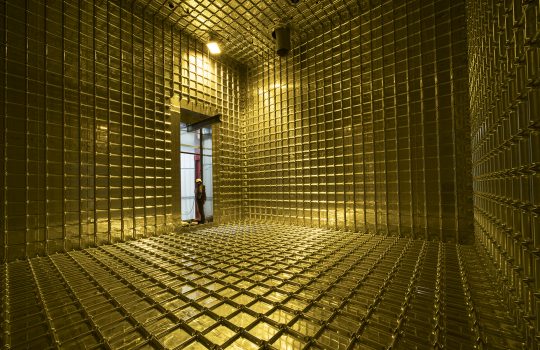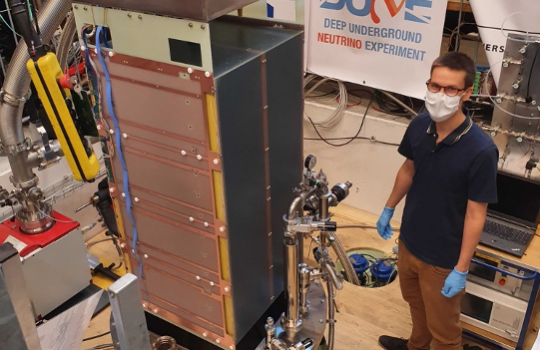Davis-Bahcall Scholars tour modern world of advanced research
From The Rapid City Journal, August 12, 2021: The SURF Davis-Bahcall Scholars Program exposes university freshmen and sophomores in STEM fields to a variety of disciplines helping them decide their college major. This year students took a tour of SURF in Lead, SD and they had the opportunity to speak with scientists and engineers from Fermilab.




